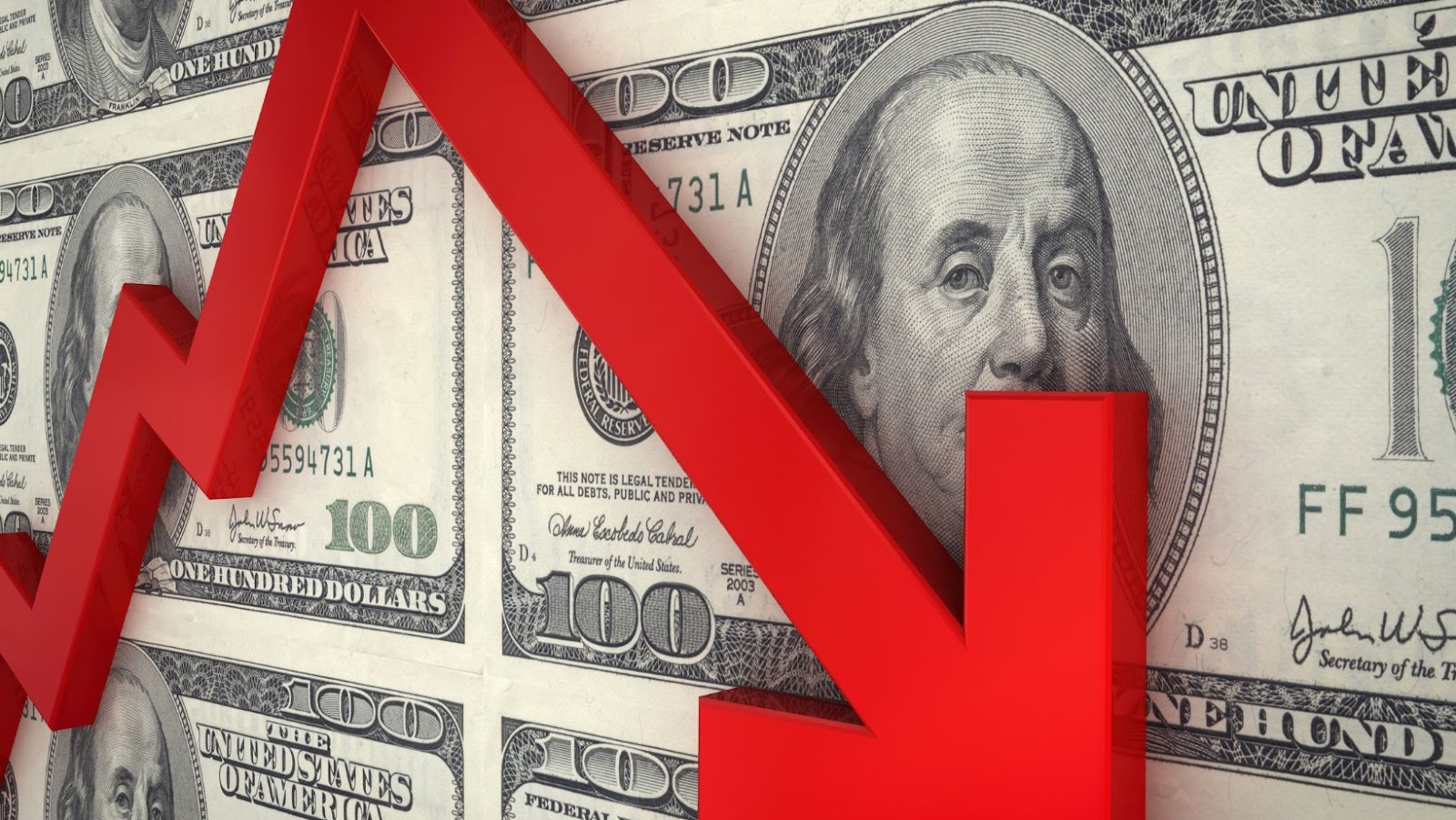
Brace Yourself: What Happens to Stocks in a Recession!
Have you ever wondered what happens to stocks in a recession? The truth is that it can vary depending on the severity and length of the economic downturn. However, historically, stocks have taken a hit during recessions.
One reason for this is that during a recession, businesses may struggle to generate profits and may have to cut back on expenses, including personnel. This can lead to investors losing confidence in the companies and selling their stocks, causing the overall market to decline.
It’s important to note that not all stocks perform the same during a recession. Some industries may be hit harder than others, such as those in the travel and hospitality sectors. On the other hand, stocks in industries that are considered essential, like healthcare and utilities, may hold up better during an economic downturn.

What Happens to Stocks in a Recession
As an expert in the finance industry, I am often asked “what happens to stocks in a recession?” During an economic recession, the stock market can experience volatility and potentially significant declines in value. Understanding the relationship between the stock market and economic recessions is crucial for any investor.
To begin with, the stock market is a reflection of the overall health of the economy and the companies operating within it. This means that when the economy is experiencing a recession, the stock market will likely experience a decline in share prices as investors adjust to the current conditions.
During recessions, investors tend to become more risk-averse and may begin to sell off their stocks in favour of safer assets such as bonds or cash. This selling pressure further decreases stock prices and exacerbates market declines. Companies may also experience decreased profits during recessions, leading to lower stock prices as investors reassess their valuations.
It’s important to note that not all stocks are affected equally during recessions. Some sectors, such as healthcare and consumer staples, tend to be more recession-resistant as their companies provide necessary goods or services regardless of economic conditions. On the other hand, industries such as travel and tourism may see significant declines as consumer spending decreases.
Overall, it’s important for investors to not panic during economic recessions and to maintain a diversified portfolio that accounts for market volatility. While the stock market may experience declines during a recession, it is important to remember that it has historically recovered in the long-term. As Warren Buffett famously stated, “be greedy when others are fearful and be fearful when others are greedy”.
In summary, economic recessions can have a significant impact on the stock market and individual stock prices. Understanding this relationship and maintaining a diversified portfolio can help investors weather any volatile market conditions that may arise.

Historical Data on Stock Performance During Recessions
When it comes to what happens to stocks in a recession, historical data can provide valuable insights into how the stock market behaves during economic downturns.
One of the most famous examples of a market downturn is the Great Depression of the 1930s. During this period, the Dow Jones Industrial Average fell by more than 80% as investors panicked and withdrew their funds en masse. However, it’s important to note that the stock market eventually recovered, and those who held onto their investments were able to see substantial returns as the economy rebounded.
Another major recession occurred in the wake of the 2008 financial crisis. Once again, the stock market saw a significant decline, with the Dow Jones losing around 54% of its value in just over a year. However, many experts argue that this downturn was largely caused by the financial crisis itself, rather than any inherent weakness in the stock market. As such, the recovery following this recession was quicker than some had initially predicted.
Looking further back, the recession of the early 2000s, commonly referred to as the “dot-com crash,” is another example of a time when the stock market saw significant losses. This downturn was largely attributed to the bursting of the dot-com bubble, which had seen many investors pour money into tech stocks that ultimately proved to be overvalued. While this recession did cause significant pain for investors in the short term, the market eventually bounced back and went on to set new records.
In summary, while recessions and stock market downturns can be painful for investors, history has shown that the stock market is ultimately resilient. While there are sure to be ups and downs along the way, those who remain committed to their investments over the long haul are likely to see healthy returns as the economy recovers.

Strategies For Investing in Stocks During a Recession
Investing in stocks during a recession can be a daunting task, but with the right strategies, it can also present some unique opportunities. Here are some strategies to consider when investing in stocks during a recession:
- Invest in Defensive Stocks: When the economy is in a recession, it’s best to invest in companies that are less affected by economic downturns. These include companies that produce essential goods and services such as utilities, healthcare, and consumer staples. Defensive stocks usually perform better during tough economic times because people still need to buy these goods and services regardless of the economic climate.
- Diversify Your Portfolio: Diversification is always important when investing in stocks, but it becomes even more crucial during a recession. Investing in a diverse range of stocks in different industries and sectors can help minimize your risk and make it easier to weather any economic storm. Diversifying your portfolio can also help you take advantage of potential opportunities that may arise in certain industries or sectors.
- Look for Bargains: During a recession, stocks can often be undervalued and present excellent buying opportunities. Look for stocks that have strong fundamentals but are trading at lower prices than usual. This may involve some research into a company’s financials and understanding its current market position, but can lead to healthy returns in the long run.
- Invest for the Long-term: Investing in stocks during a recession requires a long-term mindset. It’s essential to remember that the economy will eventually recover, and so will the performance of your portfolio if you invest in fundamentally strong companies. Taking a long-term approach to investing in stocks during a recession can help you stay calm during market volatility and give you the patience needed to ride out any downturns.
In summary, investing in stocks during a recession requires a careful and disciplined approach. By investing in defensive stocks, diversifying your portfolio, looking for bargains, and taking a long-term view of your investments, you can navigate the choppy waters of a recession and potentially come out ahead.
Conclusion
In conclusion, the stock market is a volatile and unpredictable place, especially during a recession. While the impact may vary depending on the industry, economic factors, and other variables, it is generally safe to assume that most stocks will be affected during a recession.
As we’ve discussed earlier, the stock market tends to decline during a recession due to lower consumer spending, higher unemployment rates, and a decrease in economic activity. However, it’s important to note that not all stocks will be affected equally. Some stock prices may decrease more than others, while some may even increase due to an increased demand for essential goods and services.
Investors and traders alike should exercise caution during a recession and keep a close eye on their portfolio performance. It’s important to diversify your investments and avoid investing in only one sector or company. Additionally, taking a long-term investment approach rather than trying to time the market can help you weather through any short-term dips in the stock market.
Finally, it’s vital to have a solid understanding of the market, including the risks and potential benefits involved. While you can never fully predict what will happen in the stock market, being informed and educated can help you make better investment decisions.
Overall, while stocks may face some turbulence during a recession, it’s important to remember that they are still a valuable investment option for those who are willing to invest for the long haul.





